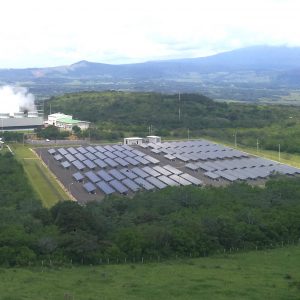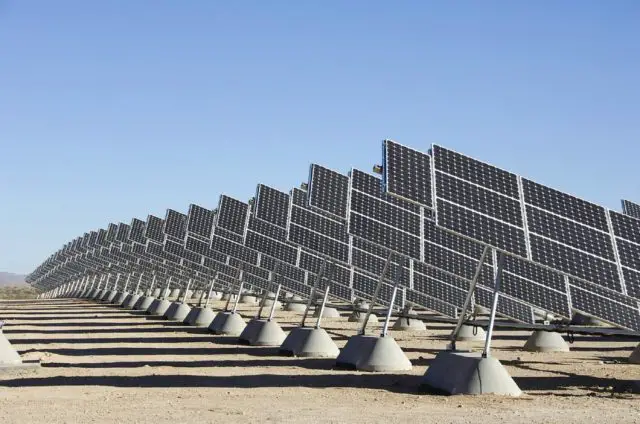To boost the energy sector and streamline its processes, the Ministry of Environment and Energy (MINAE) has proposed a new regulation, which it has put forward for public consultation. For the Costa Rican Chamber of Distributed Generation, it is a firm and decisive step that seeks to ensure that the country has a Distributed Generation regulation with fewer regulatory barriers than the existing one.
The proposed regulation presents a significant change. Not only because it eliminates the barriers that have limited all these years the production of solar energy in the homes of Costa Ricans; but because it incorporates regulatory figures from advanced countries in matters of Distributed Generation and Self-consumption with great success.
“At a time when the COVID-19 Pandemic has generated an economic recession, the impulse to renewable energies constitutes a favorable catalyst for the economic reactivation of the countries – and Costa Rica is no exception. In particular, we celebrate the efforts that the Ministry of Environment and Energy is promoting as sectoral rector, understanding that the transformation and energy transition is not the future, but rather the present and it is here to stay,” said William Villalobos, Legal Counsel of the Chamber.
These changes will allow greater production of solar energy through photovoltaic panels; This denotes a real consistency with the Sustainable Development Goals of the 2030 Agenda, the agreements of the Paris Summit on Climate Change (COP21) and the National Plan for Decarbonization 2018-2050. The proposal -although perfectible- constitutes a necessary regulatory instrument for the sector; and, it is in harmony with the objectives of an energy transition: i) Digital, ii) Decentralized, iii) Decarbonized; iv) Democratized.
Some important aspects to highlight:

Distributed Generation produces savings: It is a myth that exists regarding increases in the electricity rate because distributed generation produces savings for those who install small-scale energy production equipment, as well as for the person who does not have this equipment since it avoids that the energy distribution companies have to build centralized generation infrastructures.
Therefore, it benefits those who install panels and generate savings for the entire country, since the Public Administration does not have to pay large amounts of money for the construction of power generators with the difficulties of execution and budget planning that they entail.
Another aspect is that the Generation Distributed by Self-consumption does not produce new costs that have to be assumed by the subscribers of the distribution companies. When a person wants to install solar panels, it is only this individual who has to pay all the feasibility and logistics studies that are due to carry out for the installation of the power generation system and until now all the procedures required by the different distributors have been paid, such as the availability of the network, so that it is not charged at a random rate.
“If there are some costs that are not being covered, such as delayed start, frequency regulation, and other auxiliary services, these are situations of lack of regulation by the Authorities, since not only are they not being paid by the Generators Distributors, but also by the Energy Distribution Companies,” Villalobos said.
More flexible operation

Distributed generation means that energy production does not have to be generated with fossil fuels (hydrocarbon thermal installations) when demand is high and there is a little generation of electricity.
It allows more flexible operation of the electrical system, especially if a future is contemplated with a multitude of intelligent microgrids that can be linked together, working in coordination, as an evolution of the Smart grid. Virtual metering can be used in distributed generation. The generation of the energy produced by the Distributed Generation system at a point “X” is exclusively for the self-consumption of the same person who generates it, except that it occurs at a point “Y”.
The opinion of the Office of the Attorney General of the Republic is clear in pointing out that only the Distributed Generation in the Complete Net Measurement with Surplus Sale modality is a public service and does require a concession. The Photovoltaic Industry in Costa Rica represents an installed capacity to date of 50 Megawatts. There are currently just over 2,000 facilities already operating in the country with an investment of more than 55 million dollars. This new regulation -without a doubt- will make the energy sector more dynamic, which translates into benefits for the Costa Rican consumer and an effective option in favor of the urgent and necessary economic reactivation.

